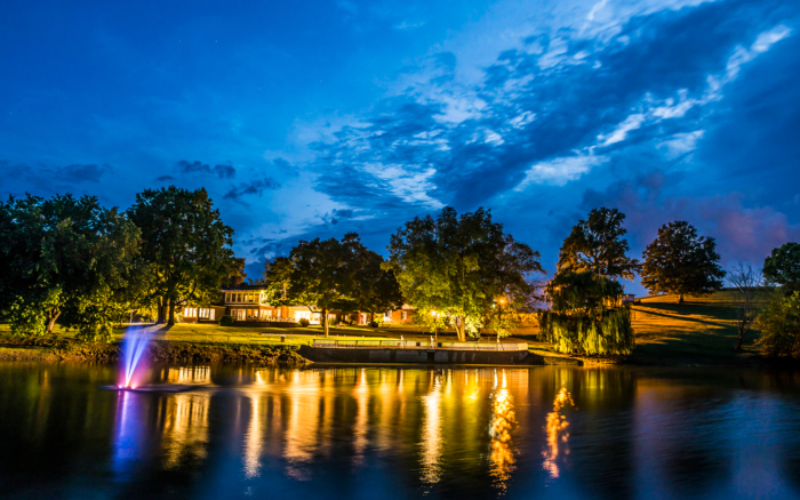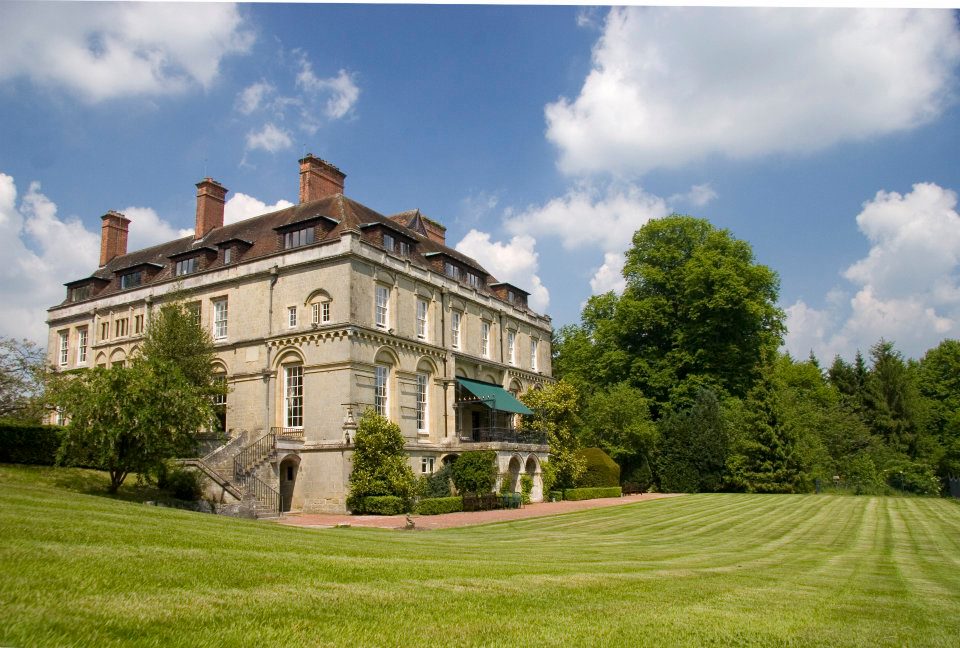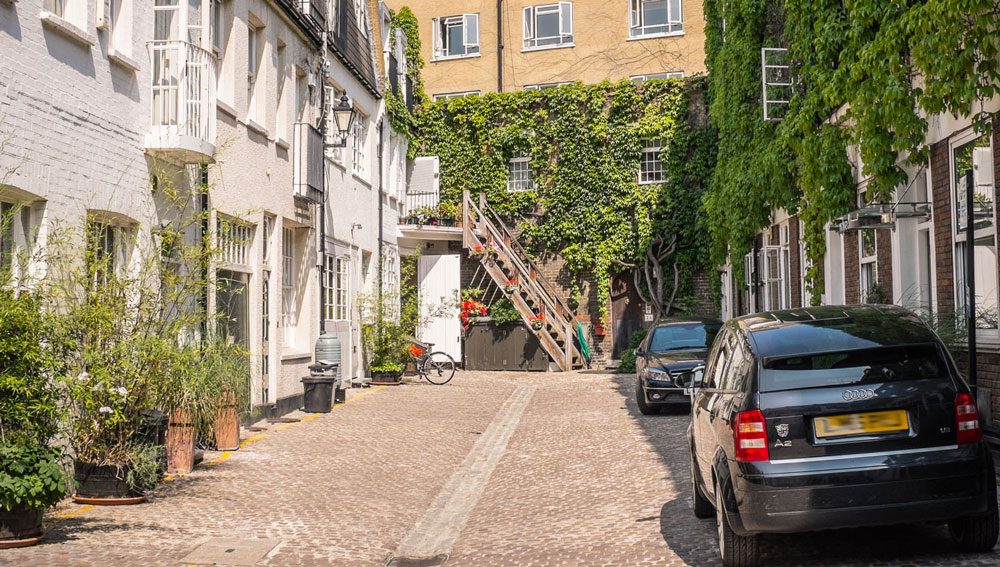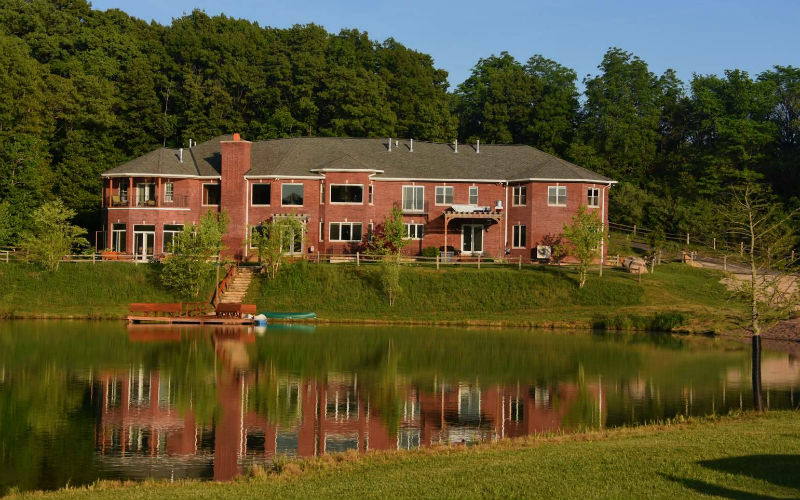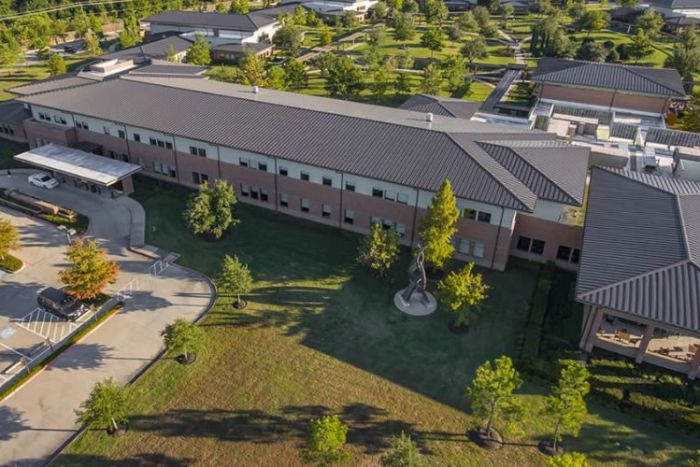People of every gender experience addiction. But most of the available data focuses on men. Fortunately, scientists are starting to expand their research to include other genders. And a growing body of work shows gender differences in substance abuse and addiction.
Rehab can be very effective when the treatment plan puts you first. Gender-specific treatment programs make you the main priority while acknowledging the impact gender has on recovery.
Differences in Addiction Between Women and Men
Being male or female can affect the biological, psychological, and social aspects of addiction. For example, men have higher rates of alcohol and illicit drug use.1 However, both men and women are equally vulnerable to developing one of these conditions.
As we learn more about gender and addiction, it’s important to note the gaps in scientific research. We need more information about people of every gender—not just cis men and cis women. The data we have points to stark differences between just these 2 groups of people.
Understanding the impact of your gender on addiction can also help you approach recovery. With that in mind, some rehabs focus on gender differences in substance use disorders. These programs often treat people of different genders separately.
Impacts of Gender on Substance Abuse
Drug and alcohol addiction goes beyond your emotional experience. It also reflects your relationships, social standing, and family dynamics. Many of these issues relate to gender. Anything from hormones to peer pressure can play a role in the onset and treatment of addiction.
For example, we now know that women’s biological characteristics— like fertility and menopause—can influence drug use. Addiction’s physical effects2 are often more profound in women, and they may develop addiction more quickly.
Because social pressures affect addiction, women and men often have different reasons for drug use. Many women report using drugs to control their weight, fight the exhaustion of providing childcare, or cope with domestic violence.
Today’s gender roles aren’t as rigid as they once were, but these pressures still exist for many people. Western culture, for instance, pushes men to be providers and women to be caretakers. Understanding how gender roles affect your specific type of addiction can help you plan for recovery.
Alcohol
Men typically have higher rates of alcohol use.3 This might be because of peer pressure, or because they face a severe lack of emotional support. To work through these issues, you might consider a rehab for men. These programs help you connect with people who share both your gender and your experience of addiction.
While men may be more vulnerable to alcohol use, its social impact on women is still severe. Data shows that alcohol addiction increases women’s risk of intimate partner violence.4 If you’re healing from this type of trauma, it might be easier to talk about your experience among people of your own gender.
Some rehabs for women offer trauma-informed care. These specialized programs can help you work through triggers while you recover from addiction and mental health issues. You can also connect with other women who have survived similar events. Building relationships with them can be empowering and validating.
Stimulants
Some effects of stimulant addiction are the same for both men and women. These drugs make it hard for anyone to concentrate and learn new things. Even short-term use can interfere with your academic achievement. But in some biological ways, men and women experience this addiction very differently.
Estrogen makes women more physically sensitive to stimulants. As a result, these drugs can put more stress on a woman’s blood vessels and heart. However, men are at a greater risk for resulting neurological issues.
There are also differences between men’s and women’s social reasons for stimulant use. Many women report using stimulants to boost their energy levels so they can keep up with work and family commitments. Addressing those problems may help women recover. Men’s reasons for stimulant use5 are rarely so specific. As a result, it can be hard for men to define the root cause of their addiction.
Opioids
Opioids function as painkillers, and data shows that male and female bodies experience pain differently. This may explain some of the differences in how men and women develop opioid addiction.
Studies show women are more sensitive to pain than men, and more likely to have chronic pain. Perhaps as a result, doctors prescribe more opioid medications for women6 than men. This makes it easier for women to access these drugs. Women report using opioids to cope with both physical pain and emotional issues like anxiety. This behavior can quickly lead to addiction.
When it comes to illicit drugs, like heroin, men may be at a higher risk of addiction and overdose. Women who use these drugs tend to use smaller amounts for shorter periods of time. However, women are more likely to use heroin because of their partners.
In rehab for opioid addiction, men and women may have different recovery goals. For example, women might need to find new ways to manage chronic pain. And men who have been using drugs for a longer time may need to make lasting changes to their support networks.
Marijuana
Marijuana is a common way to self-medicate co-occurring disorders, like depression or anxiety. But like most substances, it comes with a risk of addiction.
Men and women who use cannabis have similar rates of co-occurring disorders. However, men are more vulnerable to marijuana addiction than women. Men also report more severe symptoms of cannabis addiction and withdrawal.7
On the other hand, data suggests that marijuana has a greater impact on women’s brains.8 It can even change the way teen girls’ brains develop—more than it does for boys of the same age. Both gender-specific and age-specific rehab programs can address the complexities of this addiction.
Gender Differences in Substance Abuse Treatment
Men and women tend to start addiction recovery for different reasons. For example, more men attend treatment than women.9 However, men might have a harder time admitting they need help. That can make early recovery an especially vulnerable time. Providers that understand the social roles associated with masculinity10 can support men as they begin treatment.
Women typically face more barriers to addiction treatment11 than men. As a result, they may have more severe symptoms by the time they enter rehab. Women may benefit from seeking more specialized care, whether or not they attend a women-only program.
Recovery can be more straightforward in a single-gender treatment environment. This is especially true for clients with a history of trauma. For example, in a group session, you can trust that all your peers share a certain amount of context. That saves time and energy for everyone. Instead of explaining your identity, you can immediately dig into your emotional experience.
Finding Gender-Specific Treatment Programs
Recognizing the impact of gender on your addiction can help you choose a rehab that feels right for you. Gender-specific programs acknowledge the differences in addiction for men and women—and sometimes, for people of other genders. As a result, they can offer treatment that caters to your specific needs. These programs aren’t right for everyone, and your gender doesn’t have to define you. But for some people, it can have a huge impact on recovery.
Connect with a gender-specific rehab that meets your unique needs for recovery.
Frequently Asked Questions About Gender and Addiction Recovery
How do gender roles affect addiction?
Social pressures related to gender roles can affect addiction. For example, many women report using drugs to cope with domestic violence or childcare exhaustion. Men may use drugs as a way to cope with a lack of emotional support.
How can rehab programs address gender differences in addiction?
Gender-specific treatment programs can help people feel better understood and prioritize their unique needs. For example, men’s rehab programs can help male clients connect with others who share their experience of addiction, while trauma-informed care can help women work through triggers.
Why are women more vulnerable to opioid addiction?
Women are more sensitive to pain than men and more likely to have chronic pain, leading doctors to prescribe more opioid medication for women than men. Women report using opioids to cope with both physical pain and emotional issues like anxiety.



